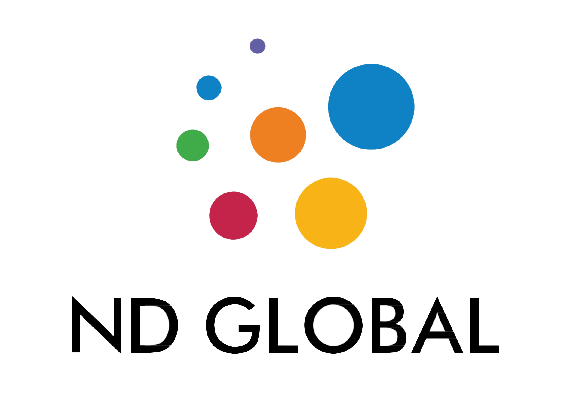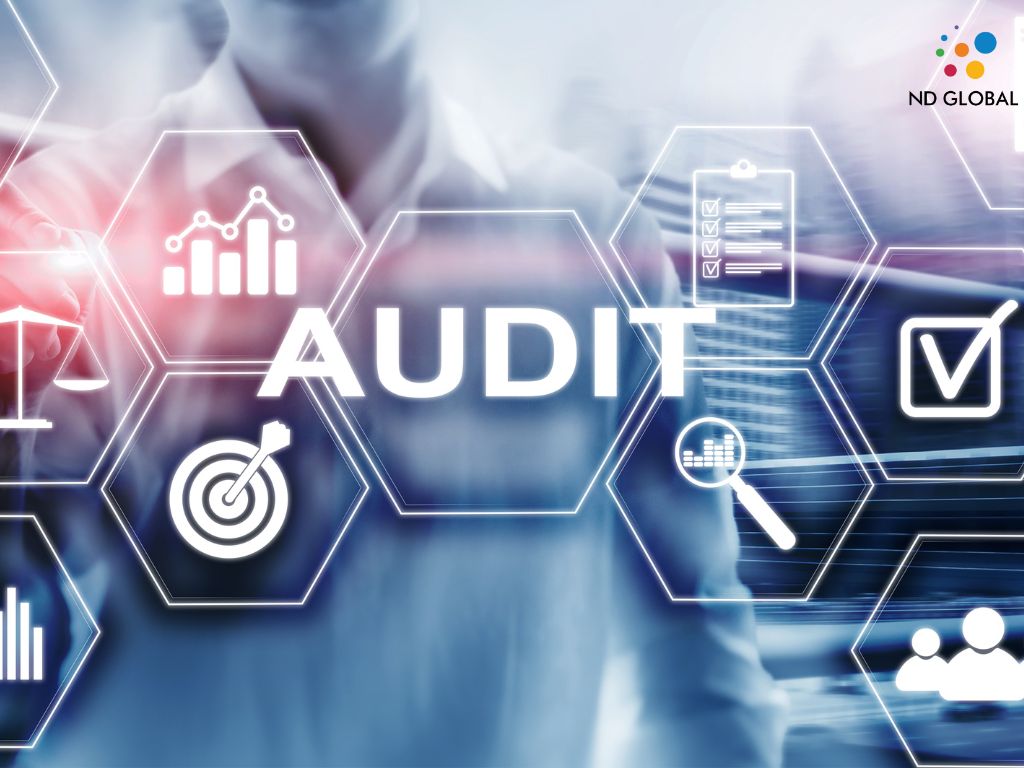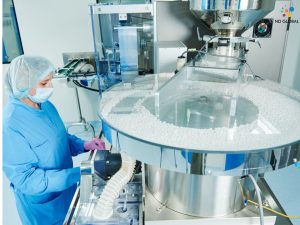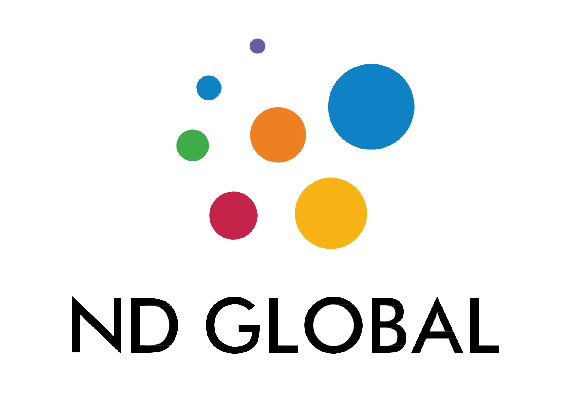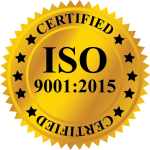Introduction – In any industry, quality audits are essential for guaranteeing adherence to legal standards. Comparably, quality audits are carried out in the pharmaceutical sector to ensure that the intricate network of procedures and activities of the pharmaceutical business satisfies industry requirements. Although quality audits can be intimidating, you can reduce stress and increase efficiency by knowing what will be examined, having the correct paperwork, and being ready for inquiries from the auditor.
A Pharmaceutical Quality Audit: What Is It?
An impartial, methodical assessment known as a pharmaceutical quality audit will help you determine whether your business’s operations adhere to accepted industry standards. It is also possible to ascertain whether they are successfully applied to fulfill the necessary goals. Effective pharmaceutical quality management systems must include quality audits, whether they are internal or external. The pharmaceutical company can efficiently assess regulatory compliance and obtain the necessary feedback for improvement using quality audits.
Various Audit Types in the Pharmaceutical Sector
The pharmaceutical business will typically encounter three different kinds of quality audits:
- Internal examinations
- Outside examinations
- Audits conducted without warning
- Internal Examinations
As an organization that produces pharmaceuticals, you will conduct internal audits of your systems, facilities, and standard operating procedures (SOPs). These audits are carried out regularly, requiring policies and plans.
The internal auditing process can be divided into several categories based on how complicated it is: Level 1, Level 2, Level 3
Planned internal audit operations can be facilitated by using an audit management solution, which can manage audit schedules, create regular assignments, define due dates, and automatically notify the appropriate parties at the right times.
- Internal Audits at Tier 1 – These are the least complicated of all internal audits. Staff members from the relevant department or division lead them. These audits often last a short while, occur frequently, and focus on certain topics like checking a department or section’s documentation or housekeeping. For instance, employees in the production department should check that all of the scoops, containers, and sieves used there have been cleaned thoroughly. The staff members assigned to conduct the audits must have completed basic training before beginning, even for tier 1 audits.
- Internal Audits at Tier 2 – Comparing tier 2 internal audits to tier 1 internal audits, the latter are more straightforward. Compared to tier 1 audits, they are less frequent and place greater emphasis on the system. One tier two example of this would be auditing the purity of the products that the R&D department develops. Due to the lengthier duration of these audits, the auditors must undergo extensive training focusing on quality systems and methodologies. The auditors will also be employees not affiliated with the department or division.
- Internal Audits at Tier 3 – The most complicated and infrequent internal audits are Tier 3 audits. These could determine how prepared the pharmaceutical company is for an upcoming regulatory audit. Furthermore, tier 3 internal audits could be carried out before starting a critical project within the organization. For example, a tier 3 internal audit is recommended if the company is planning to begin manufacturing metformin for the first time. Tier 3 internal audit auditors must possess the requisite training, experience, and understanding of all pharmaceutical industry regulations.
- External Audits: Third-party and second-party audits are other names for external audits.
- Audits by Second Parties
- Interested parties perform second-party audits of the audited company.
- They might be suppliers as well as customers.
- Since manufacturers are required to have a deep understanding of their supplier(s), supplier audits fall under the category of second-party audits.
- Audits by Third Parties
- External, independent organisations, like authorities or notified bodies, carry out third-party audits.
- Third-party audits also include regulatory audits carried out by regulatory agencies. For instance, third-party audits will be required by national regulatory agencies like the US FDA and the UK’s Medicine Control Agencies (MCA).
- Furthermore, international manufacturers may be audited by regulatory agencies of one nation. For instance, if someone supplies medications to the US, the FDA will inspect your European manufacturing facility.
- It is important to emphasize that third-party regulatory inspectors possess extensive training and knowledge.
- Unexpected Audits
- Regulatory agencies may conduct sporadic, surprise audits of pharmaceutical manufacturers. These audits may also encompass your outside suppliers who provide essential raw ingredients for your goods (also known as surprise supplier audits).
- These audits are conducted in the US and the EU, typically with many months’ notice to accommodate travel and schedule.
- These audits may occur every three to five years, depending on the sophistication of your products.
Methodologies Used for Pharmaceutical Audits
(i) Site Inspections – As the name implies, the regulatory bodies will visit the pharmaceutical company during the on-site audit to examine all records, tour the facilities, speak with employees, and confirm that the company complies with all legal requirements.
(ii) Remote Audits – The COVID-19 pandemic has undoubtedly changed lives. It has imposed numerous limitations on both people and businesses. One benefit, though, has been a resurgence of interest in remote auditing. Regarding document examination, staff interviews, tours of the manufacturing facilities, and other aspects, remote auditing is similar to on-site auditing. The regulatory body will communicate online for utilizing various forms of technology, which is the difference.
(iii) Self-Audits – Internal audits are another name for self-audits. As was previously said, pharmaceutical firms will routinely conduct internal audits to adhere to regulatory norms.
These audits are essential procedures that guarantee the effective and efficient upkeep of the company’s documentation and QMS. Ensuring that personnel conducting self-audits are not directly associated with the audited matters is imperative.
What Does a Pharmaceutical Audit Examine?
The pharmaceutical company will undertake quality audits to ensure compliance with all relevant regulations, which will reassure regulatory agencies and the general public.
Examining the standard audit procedures can better grasp what pharmaceutical audits look at.
- Site Inspections
The following are some common questions that regulatory inspectors will pose to your business during on-site audits:
- Do the company’s departments and the pharmaceutical facility function in a controlled manner?
- Does the pharmaceutical company’s QA department regularly review all production records to ensure all protocols and procedures are followed and appropriately documented?
- Is there enough space for the lab, enough equipment, and qualified staff available?
- Are all QA protocols authorized?
- Before a batch of finished items is released, are all production batch records, and release test results checked for accuracy and completeness?
- Remote-Audits
Besides being carried out digitally, remote audits are comparable to on-site audits.
A virtual tour of the entire building is included in this. The evaluation of documents, protocols, and rules are among the other areas/processes commonly reviewed during the remote audit.
- Self-Audits
The individuals chosen to carry out the self-auditing procedure will typically enquire about the following:
- Is the staff in charge of the sterile filling area appropriately trained?
- Are all guidelines and practices current and approved?
- Does any cross-contamination exist between completed goods and raw materials?
- Are the warehouses being cleaned on time?
- Has each batch record entry been properly completed and signed?
Conclusion: In the dynamic landscape of the pharmaceutical industry, quality audits emerge as indispensable tools ensuring adherence to rigorous standards. These internal, external, or unexpected audits play a pivotal role in upholding the integrity and compliance of pharmaceutical operations. Pharmaceutical audits are not just regulatory requirements; they are gatekeepers of excellence, assuring the public and regulatory bodies of the industry’s commitment to quality, safety, and continuous improvement. By embracing audits as essential components of pharmaceutical operations, companies pave the way for sustained success and public trust.
How ND Global can help:
As a staffing partner:
- Expertise in Pharmaceutical Industry: ND Global have experience in the pharmaceutical sector with a pool of candidate’s expertise in regulatory compliance, quality assurance, and audit processes specific to the pharmaceutical industry.
- Qualified Auditors: ND Global have a database of qualified auditors who are well-versed in the complex regulatory requirements of the pharmaceutical sector. These auditors have experience with both internal and external audits.
- Flexibility and Scalability: ND Global provides flexibility in staffing levels based on the specific needs of a pharmaceutical company. Whether it’s a short-term project or ongoing audit support, we can tailor our services accordingly.
- Quick Response to Unexpected Audits: In the case of surprise audits or unexpected regulatory inspections, ND Global quickly provides the required personnel, helping companies be better prepared for such situations.
- Diverse Skill Sets: Depending on the nature of the audit (internal, external, remote), ND Global supply professionals with diverse skill sets, including expertise in quality management systems, document control, and regulatory affairs.
As a consultancy firm, ND Global can provide valuable support to pharmaceutical companies in optimizing their audit processes. The services offered may include:
- Audit Preparation: Assisting in preparing documentation and ensuring all necessary paperwork is in order before an audit.
- Training Programs: Providing training programs for internal auditors, ensuring they are well-equipped to conduct audits effectively.
- Regulatory Compliance: Offering expertise in regulatory compliance to ensure the company meets industry standards and requirements.
- Continuous Improvement: Facilitating continuous improvement by analyzing audit findings and recommending strategies for enhancement.
- Remote Audit Support: Providing support for remote audits, leveraging technology to facilitate communication and document examination.
